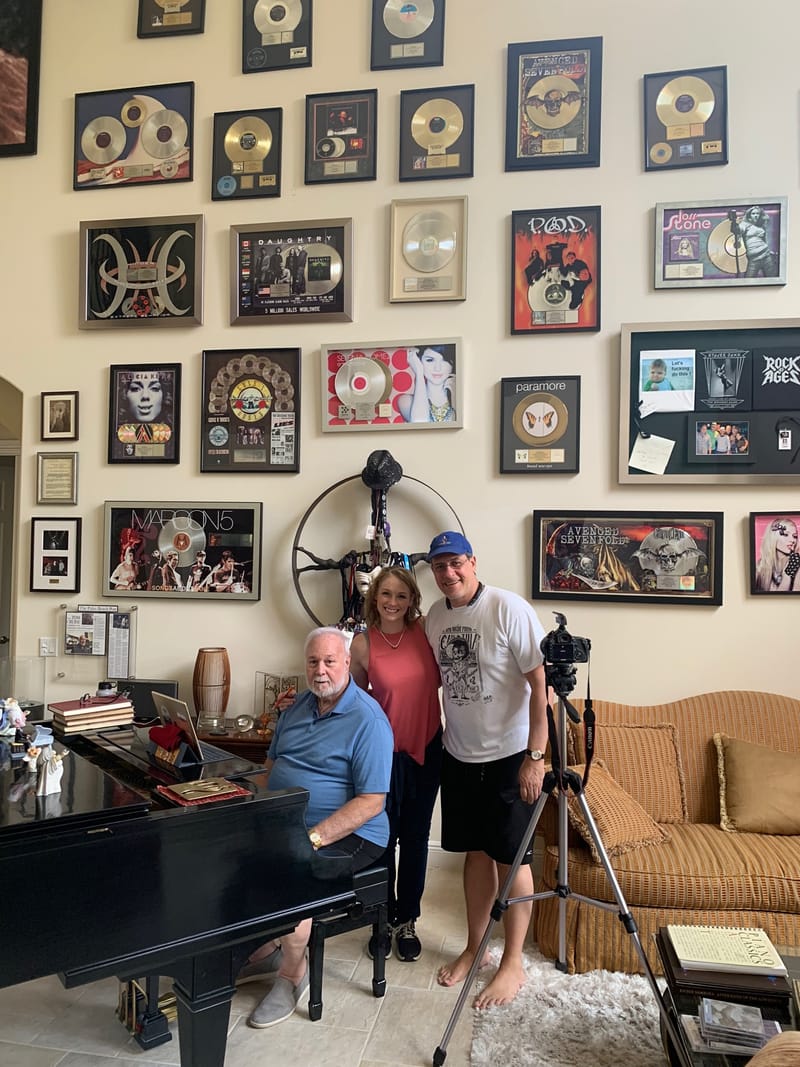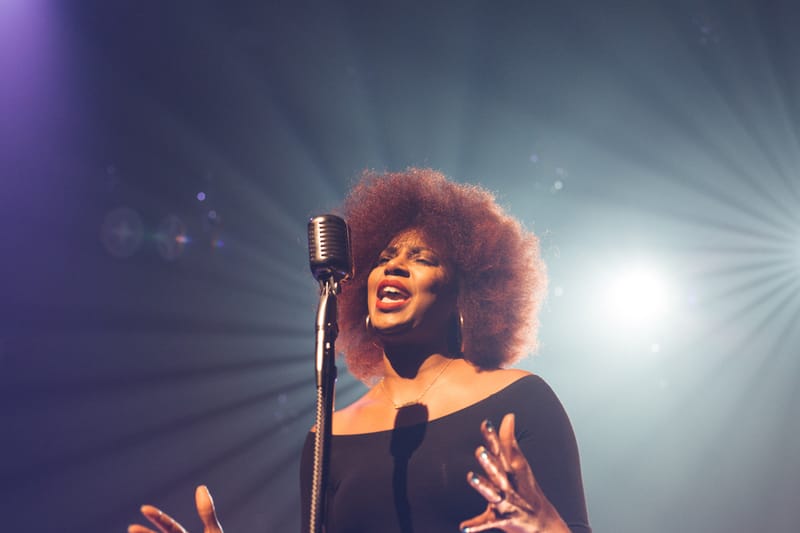Singing brings immense joy to many people – but did you know that your passion for singing can also lead to incredible benefits in your physical, emotional, and social health? Here are some reasons why singing is good for you. Enjoy!
Physical Benefits of Singing
Singing strengthens the immune system.
According to scientific research conducted at the University of Frankfurt, singing boosts the immune system. The study included testing professional choir members’ blood before and after an hour-long rehearsal singing Mozart’s “Requiem.” The researchers found that in most cases, the number of proteins in the immune system that function as antibodies, known as Immunoglobulin A, were significantly higher immediately after the rehearsal. The same increases were not observed after the choir members passively listened to music.
Singing is a workout.
For the elderly, disabled, and injured, singing can be an excellent form of exercise. Even if you’re healthy, your lungs will get a workout as you employ proper singing techniques and vocal projections. Other related health benefits of singing include a more muscular diaphragm and stimulated overall circulation. Since you pull in a more significant amount of oxygen while singing than when doing many other types of exercise, some even believe that singing can increase your aerobic capacity and stamina.
Singing improves your posture.
Standing up straight is part of correct technique as you’re singing. As your chest cavity expands and your shoulders and back align, you’re improving your overall posture. So good posture will become a habit with time!
Singing helps with sleep.
According to a health article in Daily Mail Online, experts believe singing can help strengthen throat and palate muscles, which relieves snoring and sleep apnea. If you’re familiar with these ailments, you know how often it is challenging to get a good night’s sleep!
Psychological & Emotional Benefits of Singing
Singing is a natural anti-depressant.
Singing is known to release endorphins, the feel-good brain chemical that makes you feel uplifted and happy. In addition, scientists have also identified a tiny organ in the ear called the sacculus, which responds to the frequencies created by singing. The response creates an immediate sense of pleasure, regardless of what the singing sounds like. In addition to that, singing can simply take your mind off the day’s troubles and improve your mood.
Singing lowers stress levels
Making music is relaxing. Singing releases stored muscle tension and decreases the levels of a stress hormone, cortisol in your bloodstream.
Singing improves mental alertness.
Improved blood circulation and an oxygenated bloodstream allow more oxygen to reach the brain. This improves mental alertness, concentration, and memory. The Alzheimer’s Society has even established a “Singing for the Brain” service to help people with dementia and Alzheimer’s retain their memories.
Social Benefits of Singing
Singing can widen your circle of friends.
Whether you’re in a choir or simply enjoy singing karaoke with your friends, one of the unexpected health benefits of singing is that it can improve your social life. The bonds you form singing with others can be profound since there’s a level of intimacy naturally involved.
Singing boosts your confidence.
Stage fright is a familiar feeling for new singers. However, performing well and receiving praise from your friends and family may be the key to eventually overcoming your fears and boosting your self-confidence. With time, you may even find it easier to present any type of material in front of a group with poise and good presentation skills.
Singing broadens communication skills.
According to an article in The Guardian, singing to babies helps prepare their brains for language. Music is just as important as teaching reading and writing at a young age to prevent language problems later in life. If you enjoy writing your own lyrics, honing this talent can improve your ability to communicate in different ways!
Singing increases your ability to appreciate other singers
Sometimes, you don’t realize how difficult something is until you try it yourself. As you grow from an amateur to an intermediate student and beyond, you’ll be looking to the masters for inspiration. You might even find a new style of music to appreciate that you wouldn’t usually listen to!
The delights of singing go beyond merely enjoying the beauty of your vocal talent. These health benefits of singing may make you want to join a choir or start taking voice lessons right away! So don’t hesitate to get started – have fun with it, and do what you enjoy!
REFERENCES:
11 Surprising Health Benefits of Singing. (n.d.). TakeLessons. Retrieved November 22, 2021, from https://takelessons.com/live/singing/health-benefits-of-singingRusso, C. (2018). Health Benefits of Singing. Cristina Russo. Retrieved November 22, 2021, from https://www.cristinarusso.net/health-benefits-of-singingWhy you should sing more. (2020, June 1). PCEA Nairobi East Presbytery. Retrieved November 22, 2021, from https://pceanairobieastpresbytery.org/why-you-should-sing-more/











